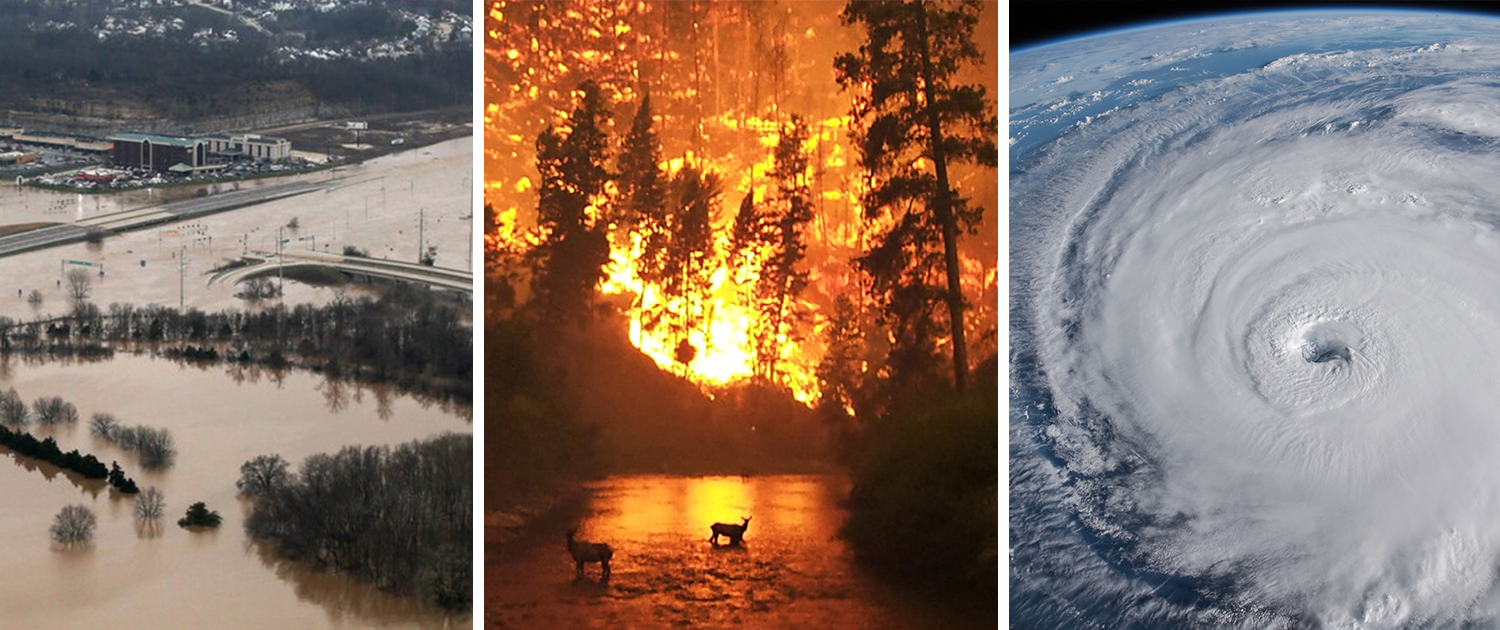The natural environment is both the context within which all human activities take place and a social product of those activities. Environmental analysis and planning begins with the study of the physical, biotic, socio-economic, political and cultural context in which environmental interactions and conflicts occur. An array of analytic tools ranging from cultural to socio-economic and ecological approaches is then applied to specific questions. Some of these are locality specific, but many involve larger scale regional, national and global processes and social movements. Under current dynamics of global change and globalization, students must be able to interpret environmental issues in terms of patterns, processes and scale. Since the hinterlands and environmental/ecological footprints of cities regularly transcend the built environment, so do the analytics of this concentration.
The CES courses will provide students with a conceptual understanding of the nature, magnitude and causes of environmental processes and problems; the environmental impacts of housing, employment and transportation; environmental and sustainability policy and planning approaches; strategies to redress the unequal distribution of environmental burdens and benefits generated by government programs; and a set of professional skills useful for effective practice.
Area of Concentration Requirements
Students in CES are required to take five courses (20 units) in addition to the CES urbanization requirement:
| Urbanization Requirement (4 units) | UP 265B Urban Environments and Socio-Ecologies (offered every other year) |
Listed below are the three core requirements. Students must also take at least one skill course and one elective.
| Governance (required) | UP M265 Environmentalisms (required) Or UP 269 Foundations of Political Ecology |
| Assessment (required) | UP 260A Environmental Assessment |
| Applied Studio (required) | UP 260B Green Urban Studio (independent study available for those who would like an internationally focused course) |
| Skills
(at least one) |
UP M159 Lifecycle Analysis (Environmental Science)
UP 206 Introduction to Geographic Information Systems UP 228B Advanced Visual Communications (check prereqs) UP 221 GIS and Spatial Data Science UP 273 Site Planning (check prereqs) |
| Electives (at least one from any list) | |
| Department Electives | UP 232 Disaster Management and Response
UP 236A Economic Regional Development UP 236B Globalization UP 239 Special Topics in RID UP M250 Transportation and Land Use: Urban Form UP M258 Transportation and Environmental Issues UP 262 Urban Environmental Problems: Water Resources UP 265C Food Systems UP 269 Environmental Justice UP 269 Urban Ecology UP M291 Introduction to Sustainable Architecture and Community Planning |
*Students interested in environmental issues at the international or rural scale may also complete an independent studies course (UP 596) with a faculty member on an applied project.
**There will be emergent courses in this area that will be added as they develop. This list is especially dynamic and is subject to change and/or additions. Design and Development students have priority enrollment in UP 218, UP 274, and UP 273.
*** Additional studio and skills courses may be taken to fulfill the elective requirement.
Concurrent Degrees
The CES concentration has well-developed collaborations with other departments both through certificate programs as well as joint degree programs. These options allow students to develop more advanced expertise and rigorous training in specialty areas. While the time until degree completion usually increases, the dual degree is not only intellectually satisfying, but also highly marketable. The following joint degree programs are especially well paired with the CES concentration: Law, Architecture, Latin American Studies, and Public Health.
Sample Curriculum

